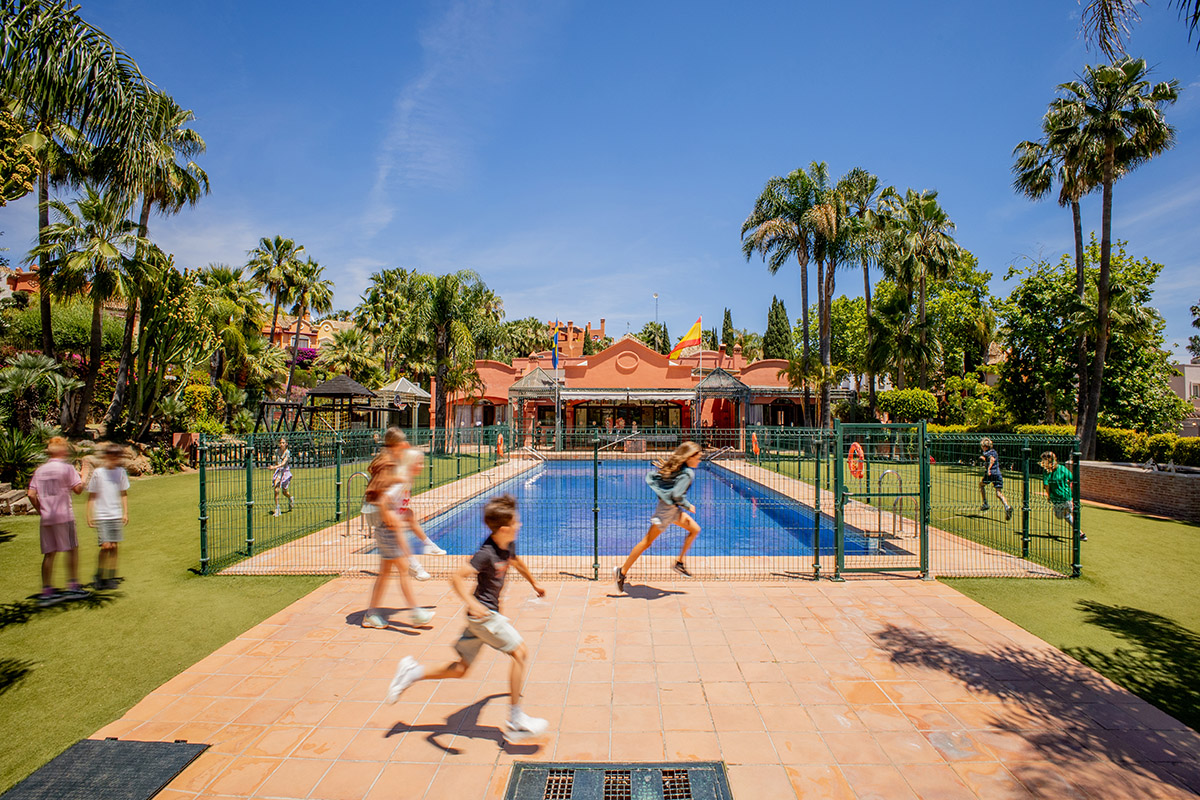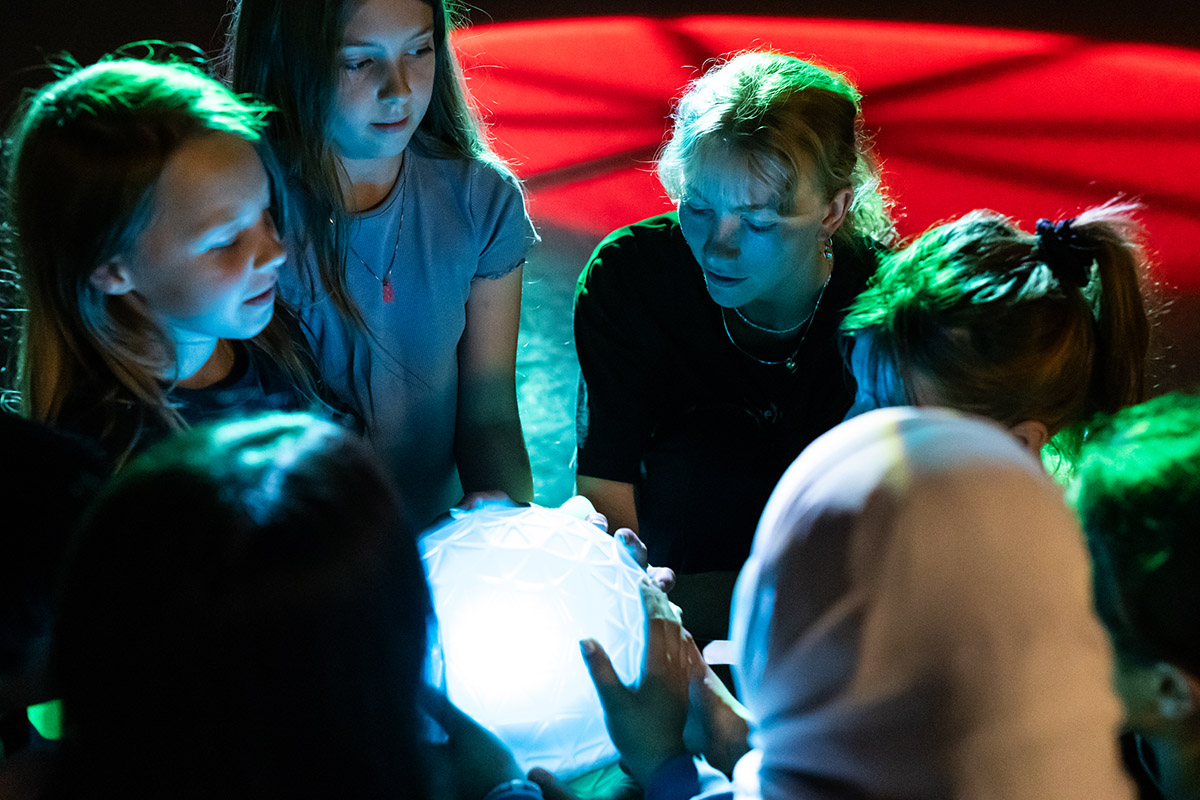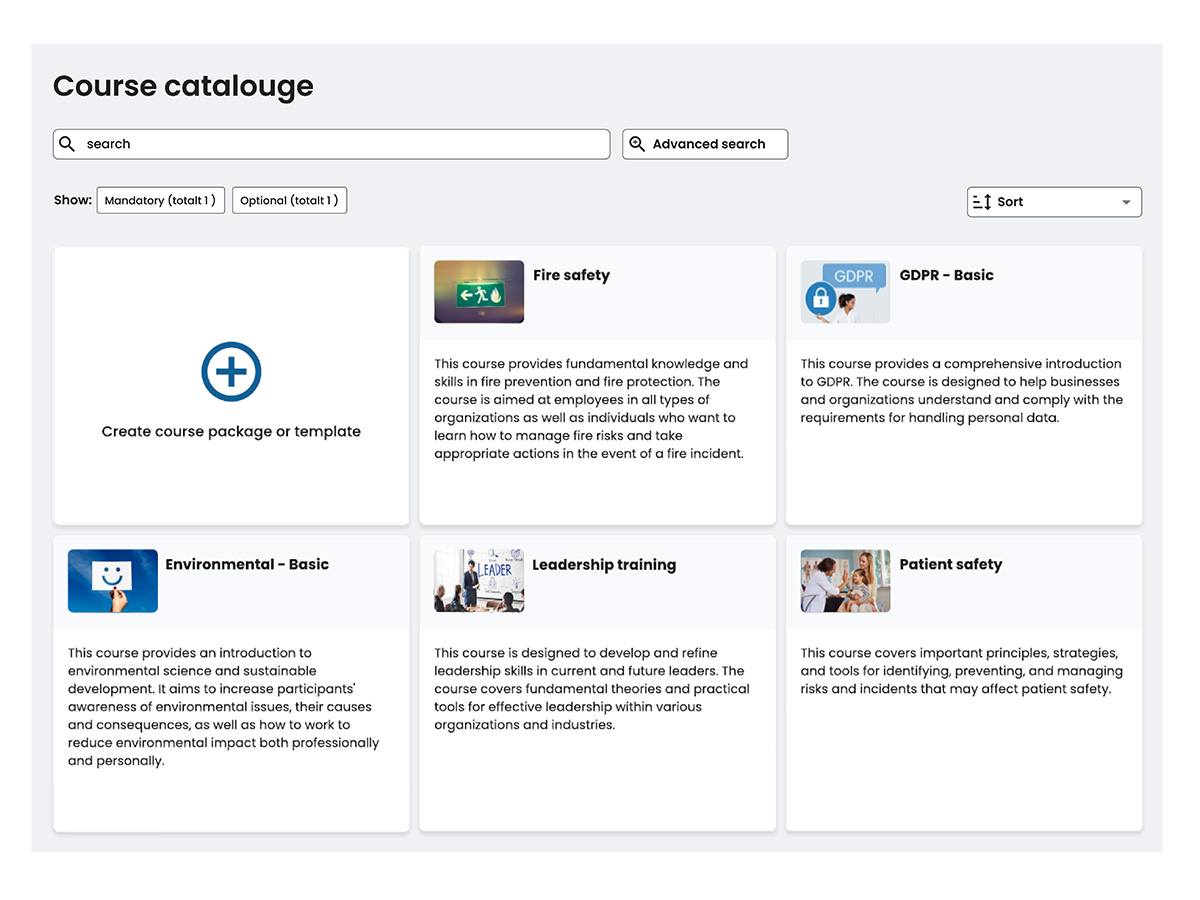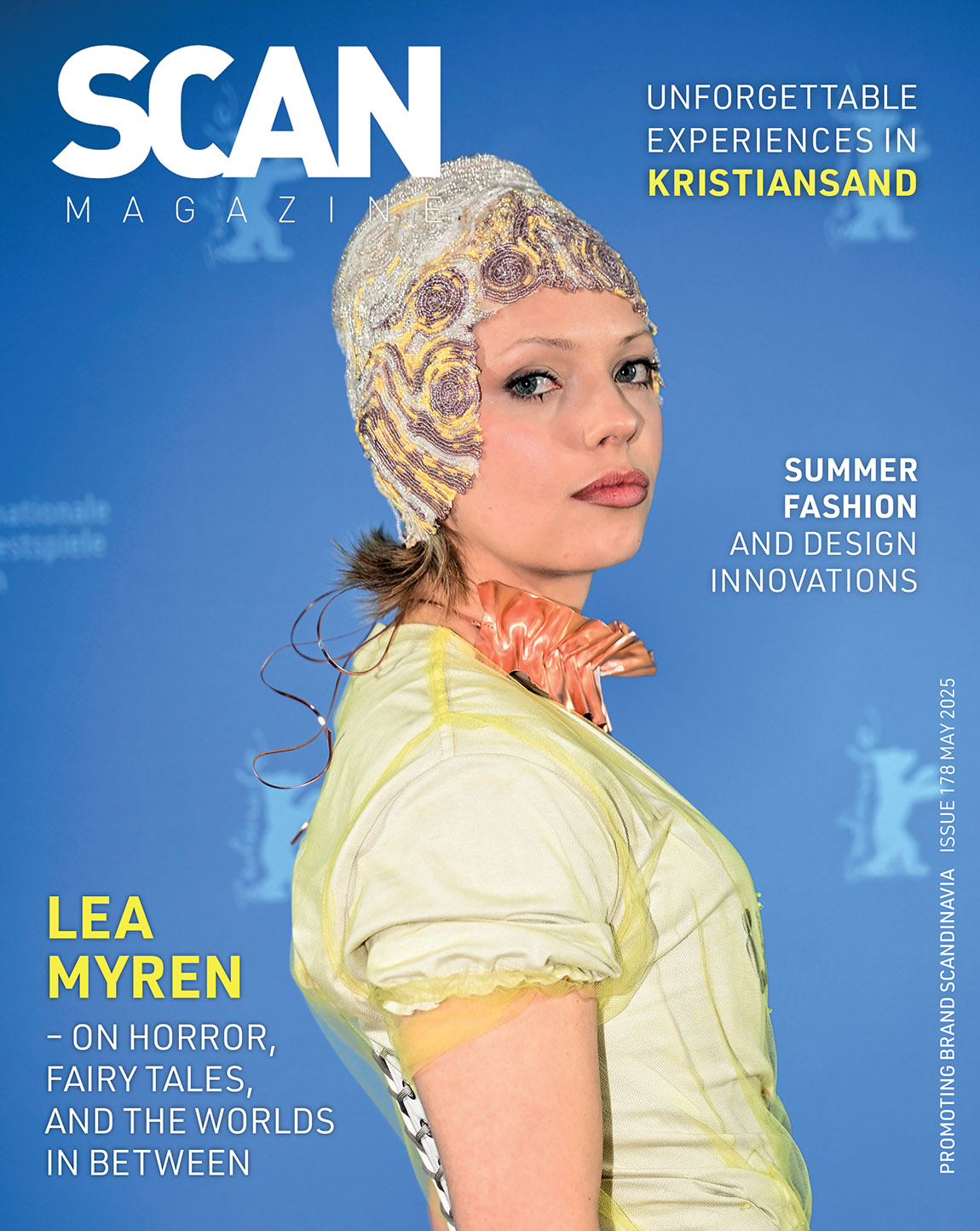Nationalt Videncenter for Læsning: A voice for Danish kids and youths through literacy
Text: Lene Bech | Photos: The National Centre for Reading
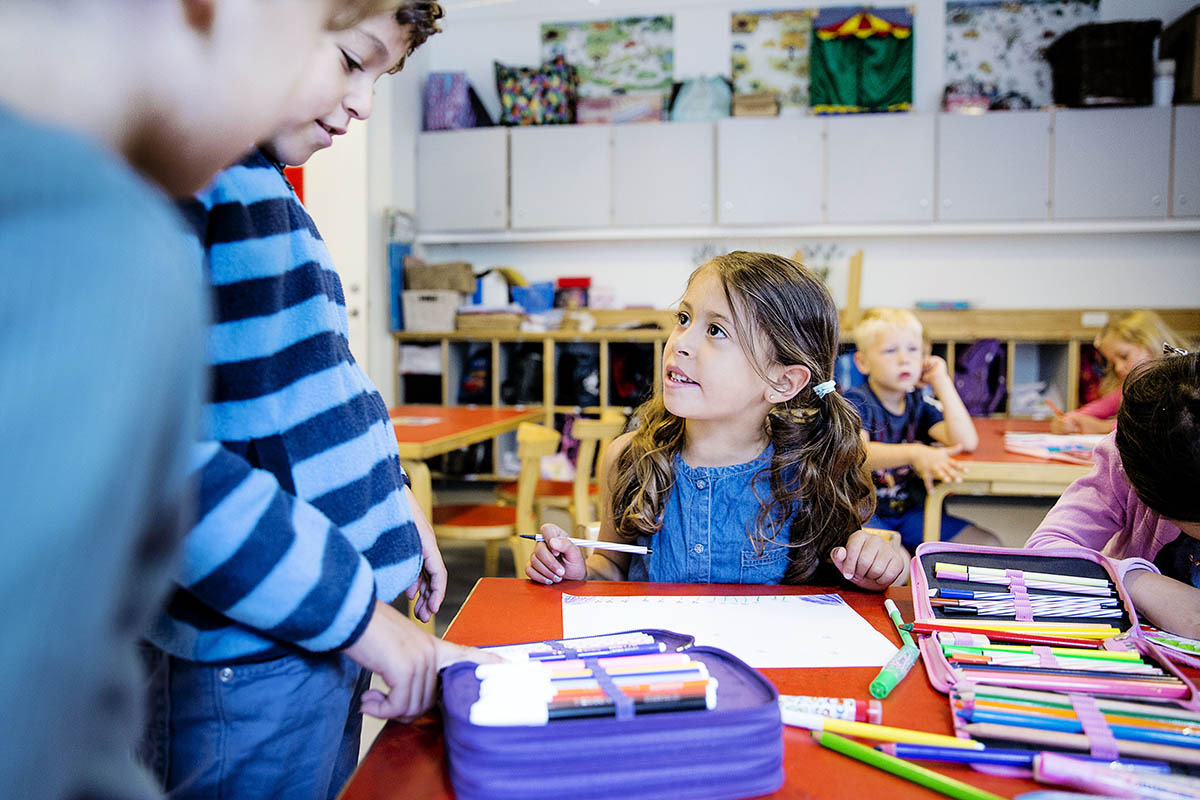
Through literacy, children and youths develop a voice of their own.
The National Centre for Reading initially set out mainly to improve the reading skills of Danish kids and youths. Today, its work goes far beyond that: the centre now supports youths in finding their voices, and becoming participating members of modern society.
When The National Centre for Reading in Copenhagen was established in 2006, the goal was to make Danish kids better readers. Denmark ranked poorly in international reading tests, and the centre was determined to help change that. They developed more research into reading skills, and supported reading tutors in schools. Today, the centre has expanded the scope of its mission. They still work to improve reading skills, but have broadened the focus in step with society’s increased reliance on the written word.
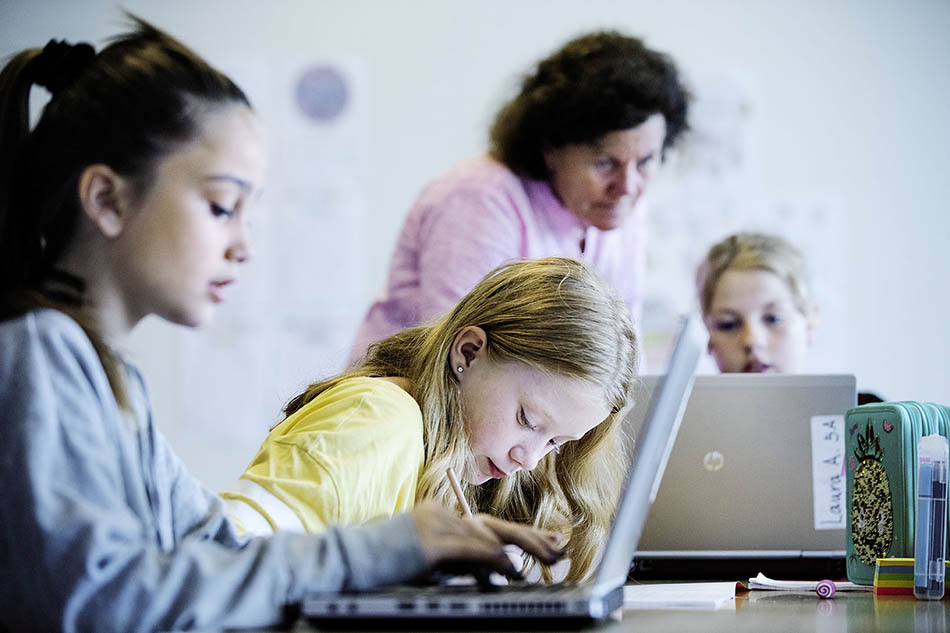
The National Centre for Reading supports literacy in children and youths.
“I’d almost say that in today’s society, we write just as much as we read,” says the head of the centre, Lene Storgaard Brok. Just ask any child in a Danish school: writing is a big part of their everyday life. As a result, the task of preparing kids and youths for future participation in a wordy world, is about much more than teaching them to read well. So, the centre now focuses more broadly on literacy: the combined skills of reading, writing and performing well within one’s language. “The importance of literacy cannot be underestimated – it’s fundamental to participating in a modern, democratic society,” Storgaard Brok says.
Through literacy, children and youths are able to communicate and negotiate with others – and consequently, to develop a voice of their own. “This is not just an innate skill, but something that we all need to learn,” Storgaard Brok continues.
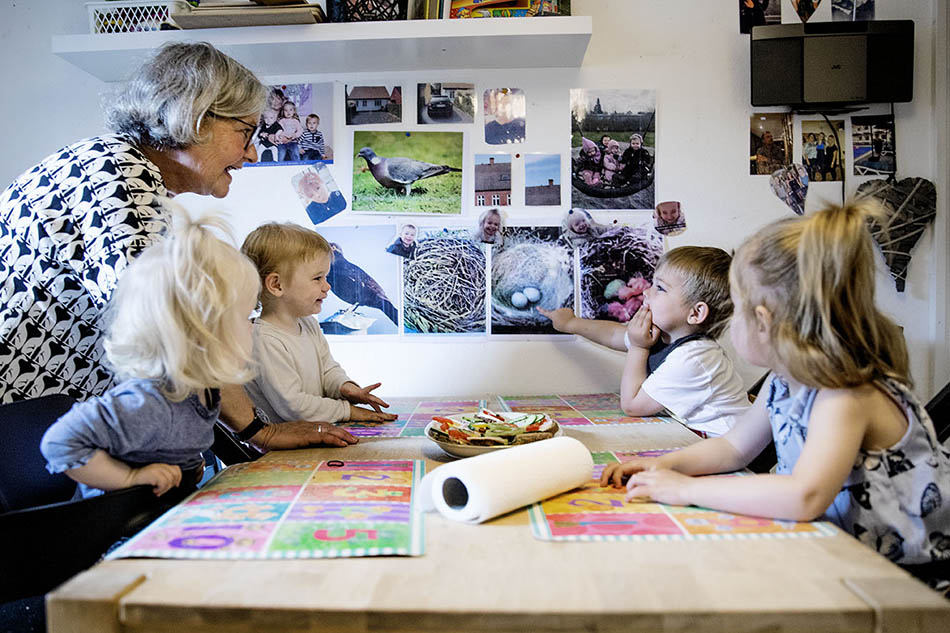
The efforts to improve literacy in kids start as early as in kindergarten.
Developing literacy in kids starts early. While teachers have a great impact on children’s literacy, the work to develop strong language skills in kids starts way before the school years. The National Centre for Reading works with pedagogues in Danish kindergartens to help little ones expand their vocabulary through conversations and storytelling. Rather than just pointing, kids are encouraged to express what they want, and to name things in their surroundings. By learning to clearly communicate their desires and needs – whether that’s another sip of water or a big hug – children take the first steps in developing a voice of their own. That’s an important part of the centre’s mission, says Storgaard Brok: “We work to afford all kids and youths the opportunities to participate in society.”
Web: videnomlaesning.dk
Subscribe to Our Newsletter
Receive our monthly newsletter by email

